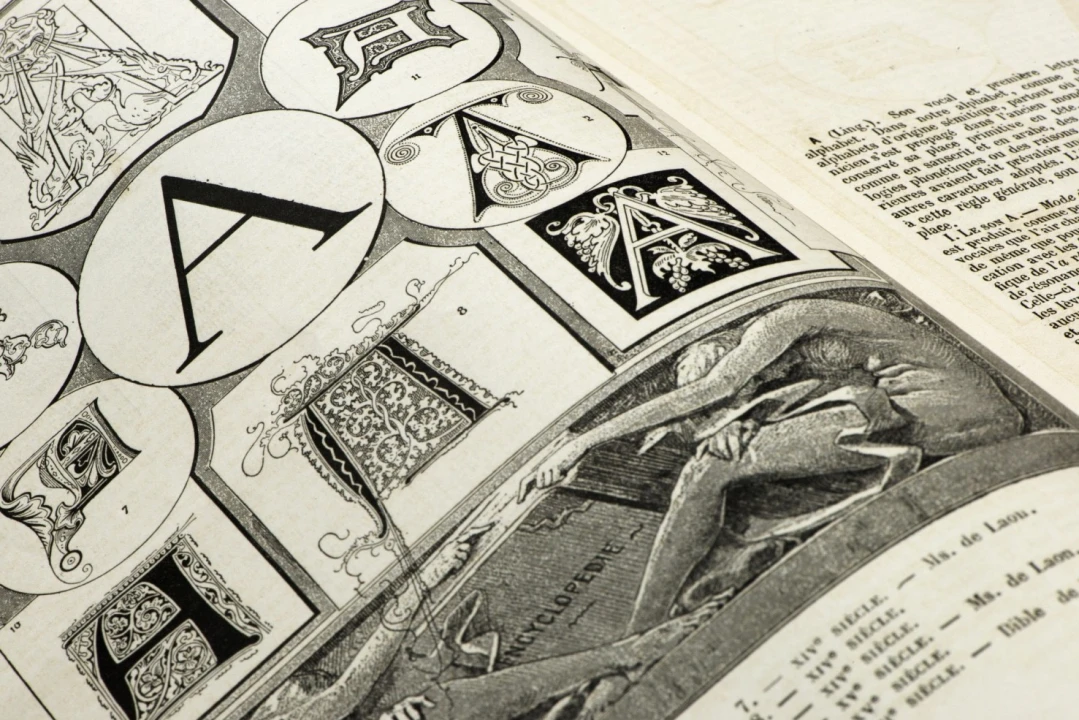The tradition of compiling comprehensive works of knowledge, known today as encyclopedias, finds its origins in ancient Rome. Roman scholars worked to systematically gather and document the breadth of human understanding, laying the foundation for an encyclopedic tradition that has evolved over centuries.
One of the earliest Roman figures associated with this endeavor was Marcus Terentius Varro (116–27 BC), especially in relation to his work Disciplinarum Libri IX, or for us non-latinists, the Nine Books of Disciplines. Even if the text has not survived, it is known to have categorized knowledge into areas such as grammar, rhetoric, logic, arithmetic, geometry, astronomy, musical theory, medicine, and architecture, a systematic approach that influenced the structuring of knowledge in subsequent periods.



